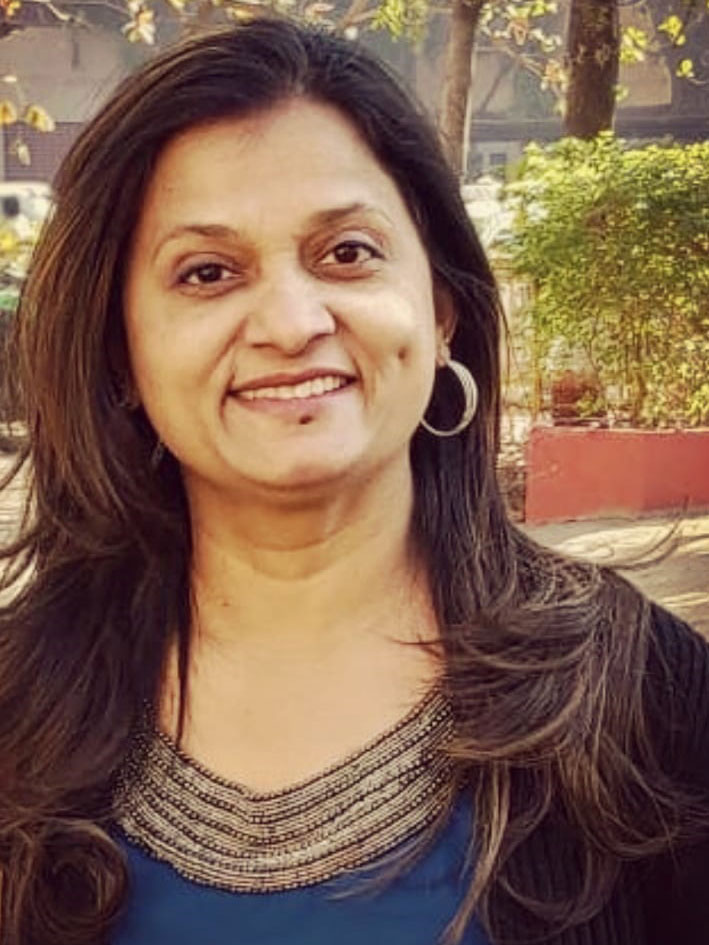Site Built For Visually Impaired
After a successful stint of 24 years in the corporate world, Rita shares that "she has been fortunate to get an opportunity to focus on her passion”. Since her early college days, she was inclined towards working with the visually impaired and was involved in reinforcing them.
Working in a multi-national fragrance company, Rita was instrumental in one of their CSR programs, setting up an educational initiative to help enrich the lives of visually impaired people by introducing them to the world of perfumery. Based on a survey, it was found that the visually impaired are far better at recognising & remembering smells than the fully-sighted. Working closely with the visually impaired & understanding how they make the best use of their senses was an amazing experience for her.

Despite the path-breaking initiative, it was evident that they further need a support system to function and perform. Moreover, job options are also limited. To add to it, most students come from under-privileged backgrounds, with typical psychological and financial issues. Hence, trade-based training aimed at proper job opportunities is required. Aesthesis Foundation for visually impaired aims to work towards this very goal.
Rather than focusing on the standard verbal-linguistic or mathematical-logical intelligence, our vocational training provides courses for visually impaired who can build their strengths in:
Students who grasp & perceive things through these different abilities can fit into the ever-changing global workplace with ease. It equips one with the right social and technological skills necessary to become effective & competitive in the job market.
With over 14 years of global experience in supply chain and operations at companies like Reckitt and Sanofi, I’ve led teams across North America, Asia, and the Middle East—managing multimillion-dollar portfolios and complex logistics networks.
Today, I bring that expertise to Speshally, a social enterprise I co-founded to empower persons with disabilities through training, employment, and inclusive advocacy. Our goal: to make workplaces—and the world—more accessible, one story and strategy at a time.
Engineer by education. Problem-solver by profession. Inclusionist by purpose.
